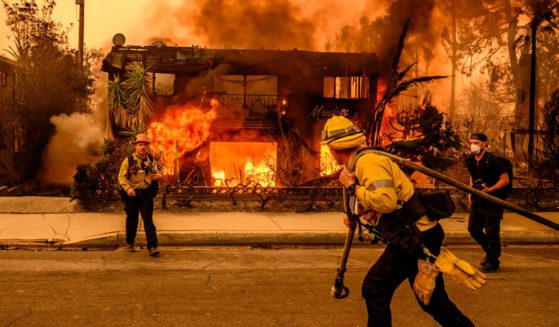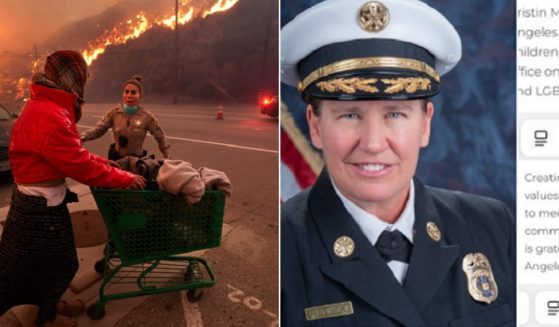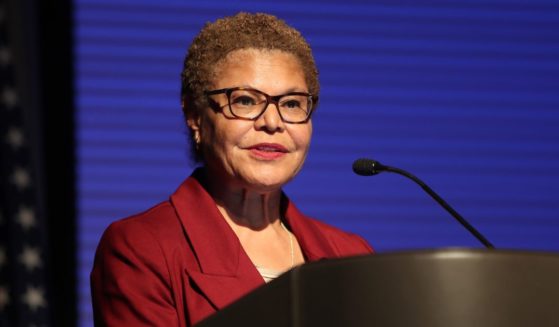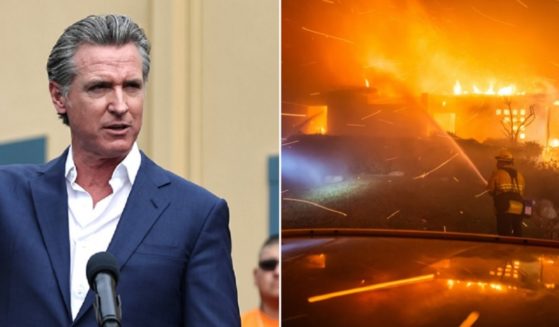European Leaders Getting Tougher on Immigration After Public Outcry
European leaders who are usually quick to join other politicians across the globe to condemn President Donald Trump’s comments, were surprisingly silent this past week.
The New York Times pointed out that “there was a ringing silence across broad parts of the European Union” after Trump allegedly said he did not want immigrants from “s—hole” countries.
In fact, many European politicians have expressed similar sentiments to the U.S. president’s comment.
According to The Times, the Czech president said Muslim immigrants were criminals, the leader of Poland’s opposition party said that refugees could bring in diseases and migrants are “poison” according to Hungary’s prime minister.
This reflects the continent-wide migration crisis in Europe since 2015, according to Fox News. However, many European nations are actually doing something about the issue rather than worrying about their leader’s rhetoric.
In Germany, Chancellor Angela Merkel faced a surge of refugees and economic migrants from many different countries along with terror attacks and other social issues when she opened Germany’s borders in 2015. Over a million refugees flooded the country that summer.
The following year, in December 2016, Merkel called for a “burqa ban” and said that “a situation like the one in the late summer of 2015 cannot, should not and must not be repeated.”
Her Christian Democratic Union of Germany has drafted a potential coalition deal with the Social Democrats to issue a hard cap of approximately 200,000 refugees a year, Fox New reported.
Hungary’s Prime Minister Viktor Orban built a border fence on its southern border to boost border security, and asked the European Union to pay for half of it.
Orban said the fences built in 2015 don’t just protect Hungary, “but entire Europe against the flood of illegal migrants,” according Fox News.
This month, Orban called some migrants “Muslim invaders” and asserted that multiculturalism is “an illusion,” on an interview with Germany’s Bild.
“If you take masses of non-registered immigrants from the Middle East into your country, you are importing terrorism, crime, anti-Semitism, and homophobia,” he said.
In France’s presidential election, Emmanuel Macron beat Marine Le Pen, who is the head of the anti-immigrant National Front, but admitted on New Year’s Eve that “We can’t welcome everyone, and we can’t act without rules.”
Macron is now receiving backlash over a proposed policy to “clarify when migrants must be returned to their countries of origin,” Reuters reported. Over 100,000 people filed asylum requests in France in 2017.
Sebastian Kurz has been the Chancellor of Austria since December, and Austria will take over the EU Council presidency this coming summer.
Kurz said in an interview with Germany’s FAZ that one of his priorities will be “border control to stop illegal migration to Europe.”
“There has been a lot of movement in recent years. For example, the German position is now much closer to ours than it was two years ago,” Kurz said. “Many states have moved in the right direction. Now we need a focus on proper protection of the external borders of the EU and not just the constant debate about the distribution of refugees within the European Union by quotas.”
Truth and Accuracy
We are committed to truth and accuracy in all of our journalism. Read our editorial standards.
Advertise with The Western Journal and reach millions of highly engaged readers, while supporting our work. Advertise Today.












